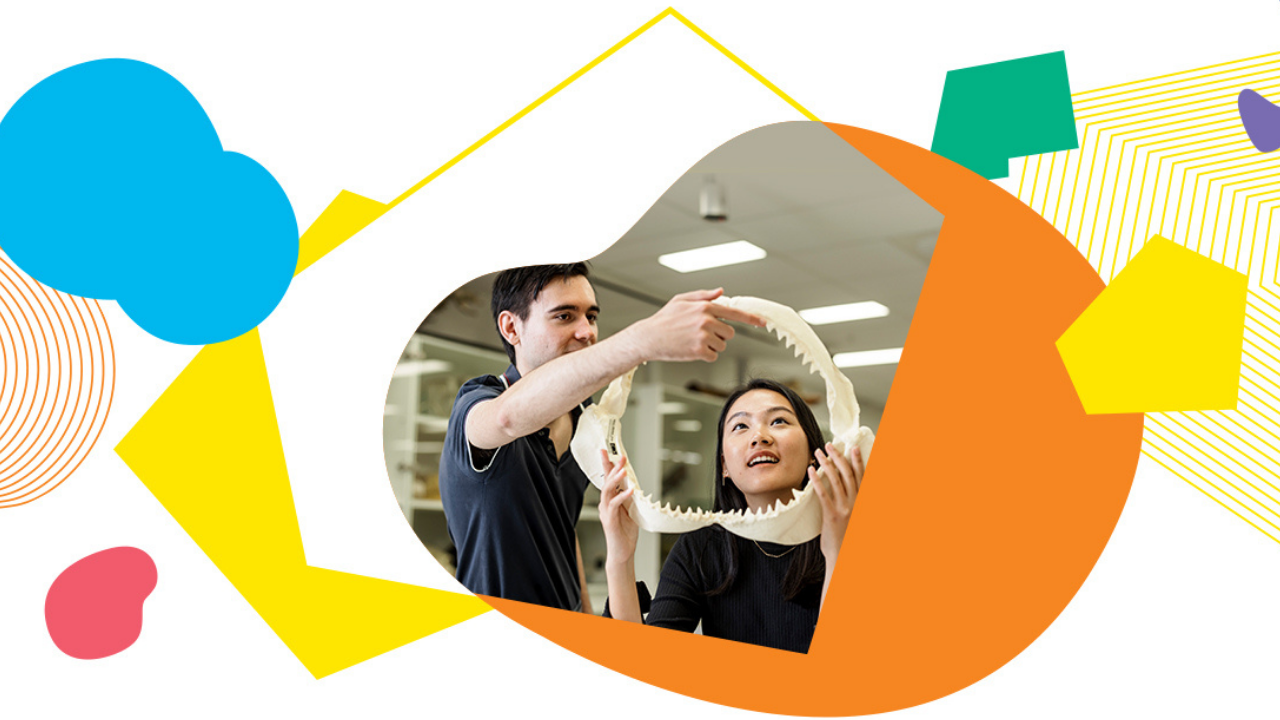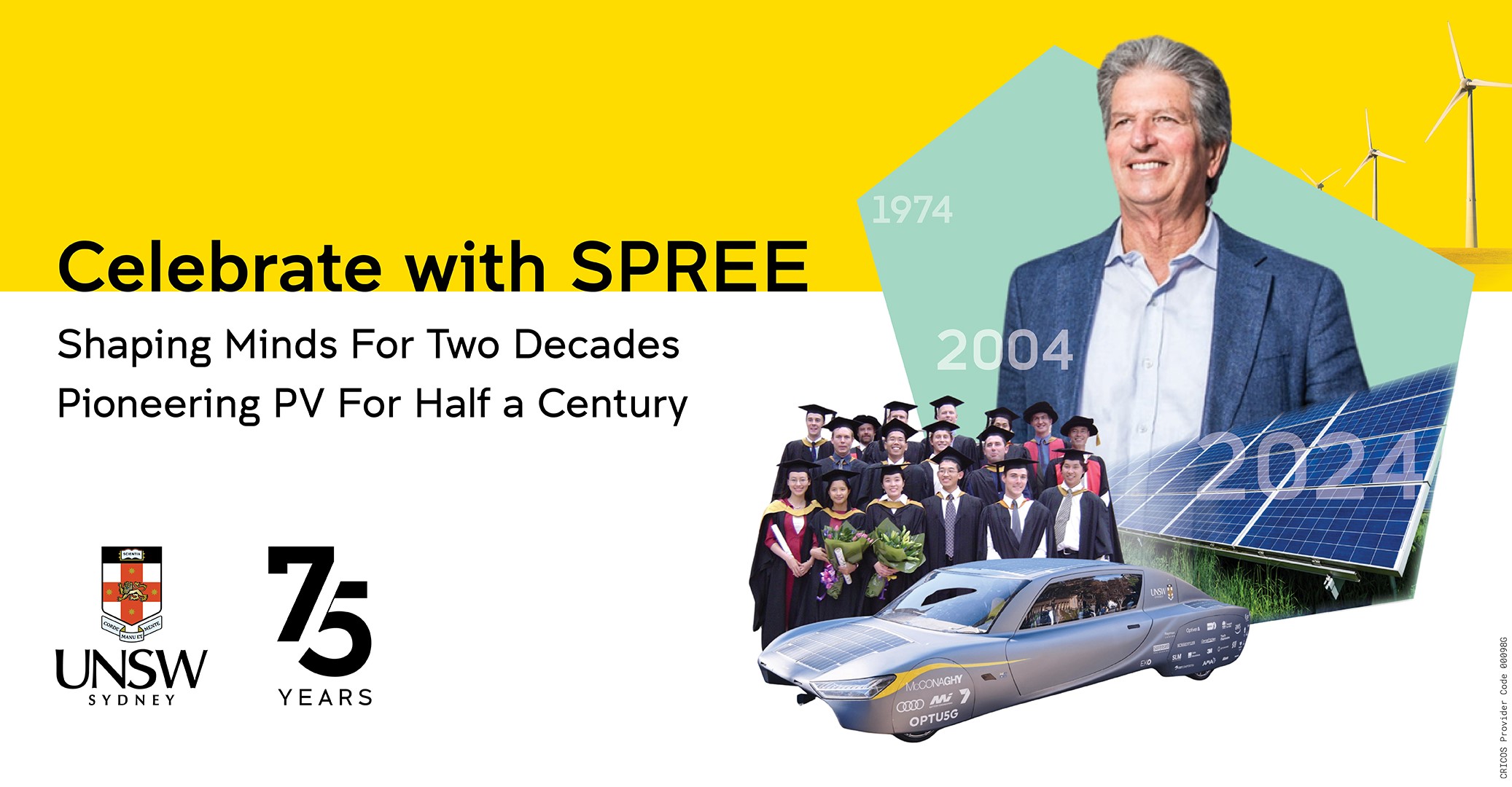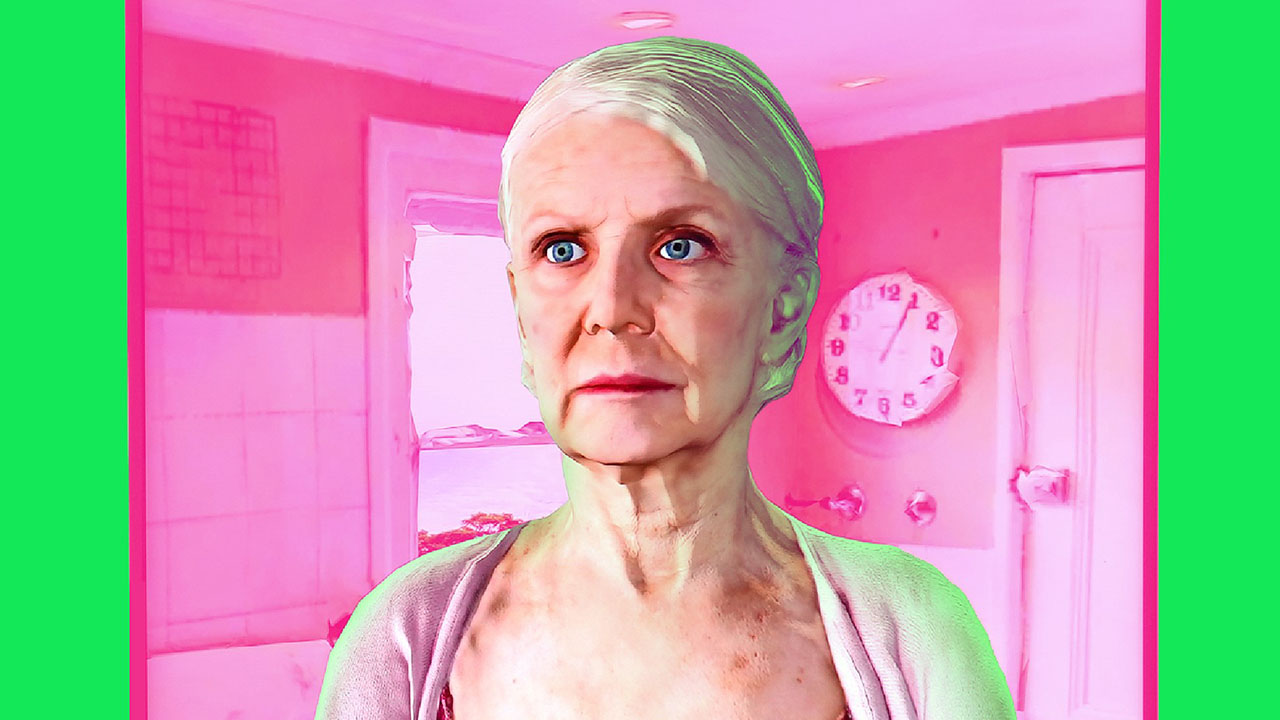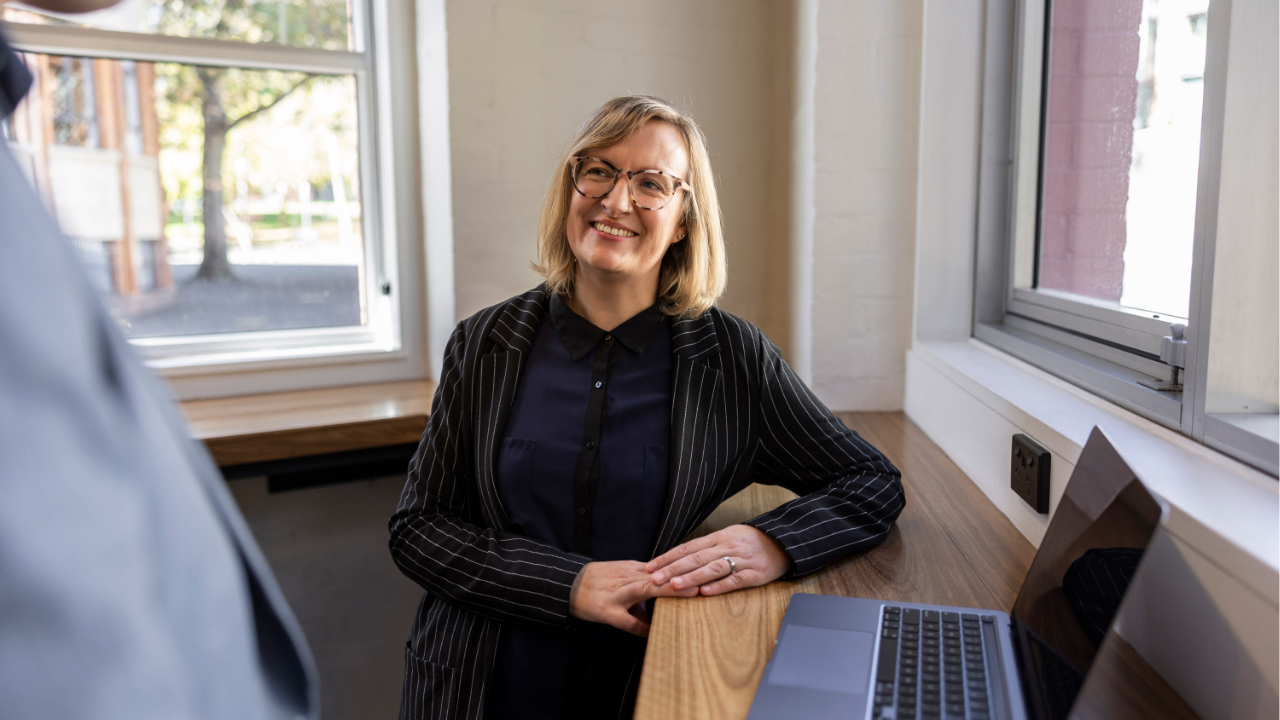John Lions Distinguished Lectures
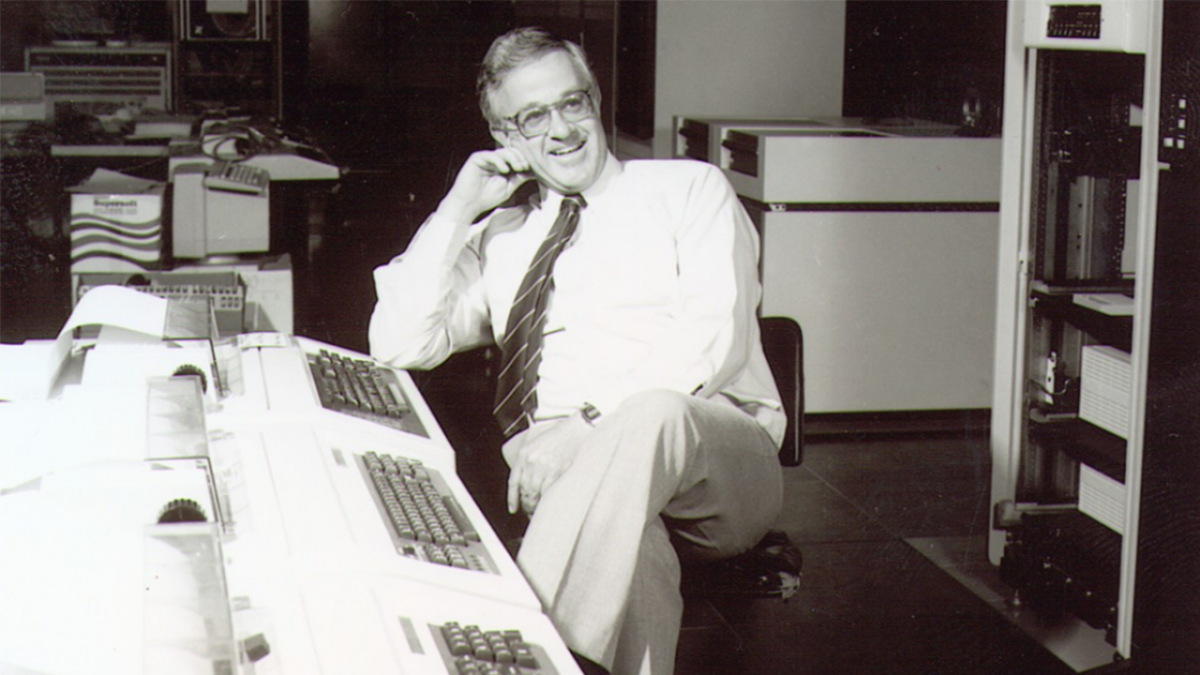
In a world where technology plays an ever-increasing role in our future, discover how computer science can help address the challenges we face in government, society, and our everyday lives.
Tune in to two thought-provoking talks by Professor Timothy Roscoe (ETH Zurich) and Dr Vanessa Teague (Democracy Developers Ltd) about leading-edge topics in computer science that will inspire and encourage innovation.
3.00pm | Session 1 with Dr Vanessa Teague
Verifying Australian election outcomes - whose job is that?
Elections are a special security problem because it is not good enough for systems to be secure and results correct – they must also be verifiably so. Even leaving aside the psychological aspects (some people don’t believe evidence, or don’t understand mathematically-based evidence), many nations’ election systems fall far short of this goal.
In this talk Dr Teague discusses a setting increasingly common in the US, Australia and elsewhere: citizens vote privately on paper, then the votes are digitized and counted electronically. Sounds simple, doesn’t it? But producing publicly verifiable evidence of a correct outcome requires carefully-designed processes. Also, running these processes meaningfully requires active involvement from the public.
Dr Teague will discuss the attacker model and process of verifiable election audits. She'll then explain our groundbreaking techniques for auditing instant-runoff (IRV) elections and other complex social choice functions, and describe important open problems, particularly for the single transferable vote. The talk will end with a discussion of the current state of election administration in Australia and identifying which processes earn public trust, which ones don't, and how we can make improvements.
This talk describes joint work with Michelle Blom, Andrew Conway, Alexander Ek, Philip B Stark, Peter J Stuckey and Damjan Vukcevic.
4.15pm | Session 2 with Professor Timothy Roscoe
Real Operating Systems for Real Computers
What exactly is an Operating System? Indeed, what exactly is a Computer System? An unusual situation has come about in computing in the last 20 years.
Modern operating systems (whether in academic research, in the open-source community, or in industry, and including those designed by in the past by this speaker) are written to run on, and manage, a class of computer that, at best, simply doesn't exist, and at worst, is a dangerous fiction. Faced with denial, hardware vendors collude with this fiction by hiding most of a real, modern computer from the so-called operating system, and devote considerable resources (software, transistors, etc) and convoluted designs to maintain the illusion. All parties might do this for more or less rational local reasons, but the result is a crisis in security and efficiency.
This is a lamentable state of affairs, but I take an optimistic view. This should be a golden age of new operating system designs that engage with, and solve, pressing real-world problems across the full range of computer systems. I'll describe some ways in which academic computer scientists can come out of denial about operating systems design and implementation, and take advantage of this opportunity.
5.30pm | Networking reception
TICKETS
ABOUT THE JOHN LIONS DISTINGUISHED LECTURES
This lecture series has been established in honor of the life of John Lions, a previous Associate Professor at the School of Computer Science and Engineering. John was well-known for his impactful teachings and for his line-by-line commentary of the Unix V6 source code, also referred to as the ‘Lions Book’ which became the ‘The Most Famous Suppressed Manuscript in Computer History.
As a pioneer of the open-source movement, John Lions not only shaped the world of computer science, but also the lives of his students, colleagues and world leaders in the industry today.
LIVE EVENT & VENUE
Leighton is located in the John Niland Scientia Building at UNSW Sydney's Kensington Campus (G19 on map). Please note, this event will be recorded and available for on demand viewing after the event.
ACCESS
Wheelchair
Vehicles need to arrive via Botany Street, Gate 11 (F28 on map) and follow the road to Library Road towards the John Niland Scientia Building. Please note, this is a drop off point only. The closest accessible parking is available in the Botany Street Carpark (H24 on map).
Assisted Listening
Leighton Hall has a hearing loop.
Auslan & Captioning
Auslan interpreting services and/or live captioning can be provided for selected talks upon request.
Please specify your access requirements during registration, or to further discuss access requirements and book selected services, email engineering.events@unsw.edu.au.
PUBLIC TRANSPORT & PARKING
UNSW Sydney is easily accessible via public transport. Call the Transport Infoline on 131 500 or visit transportnsw.info.
Paid casual and visitor parking is offered via the CellOPark App and ‘pay by plate meters’. For more information head here.
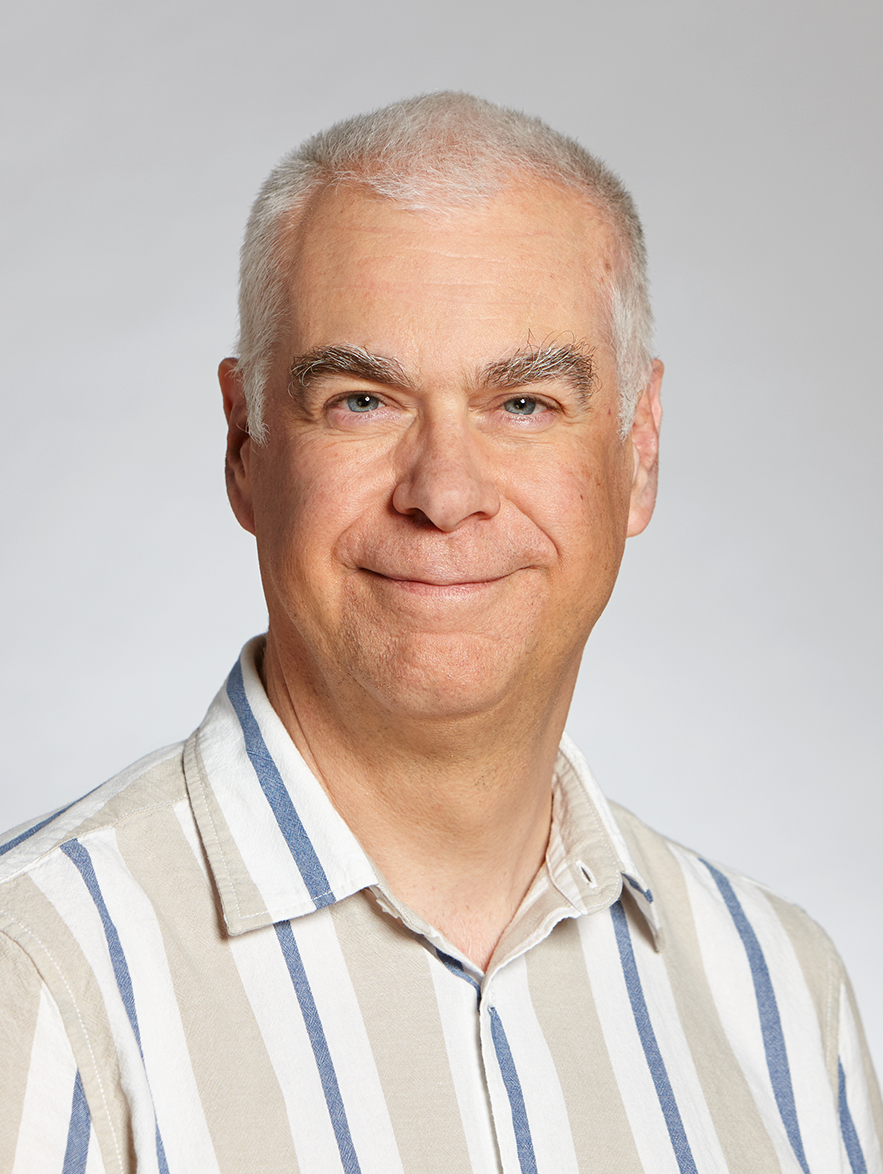
Professor Timothy Roscoe
Timothy Roscoe is a Full Professor in the Systems Group of the Computer Science Department at ETH Zurich, where he works on operating systems, networks, and distributed systems.
Mothy received a PhD in 1995 from the Computer Laboratory of the University of Cambridge, where he was a principal designer and builder of the Nemesis OS. After three years working on web-based collaboration systems at a startup in North Carolina, he joined Sprint's Advanced Technology Lab in Burlingame, California in 1998, working on cloud computing and network monitoring. He joined Intel Research at Berkeley in April 2002 as a principal architect of PlanetLab, an open, shared platform for developing and deploying planetary-scale services. Mothy joined the Computer Science Department ETH Zurich in January 2007, and was named Fellow of the ACM in 2013 for contributions to operating systems and networking research.
His work at ETH has included the Barrelfish multikernel research OS, as well as work on distributed stream processors, and using formal specifications to describe the hardware/software interfaces of modern computer systems. Mothy's current research centers on Enzian, a powerful hybrid CPU/FPGA machine designed for research into systems software.
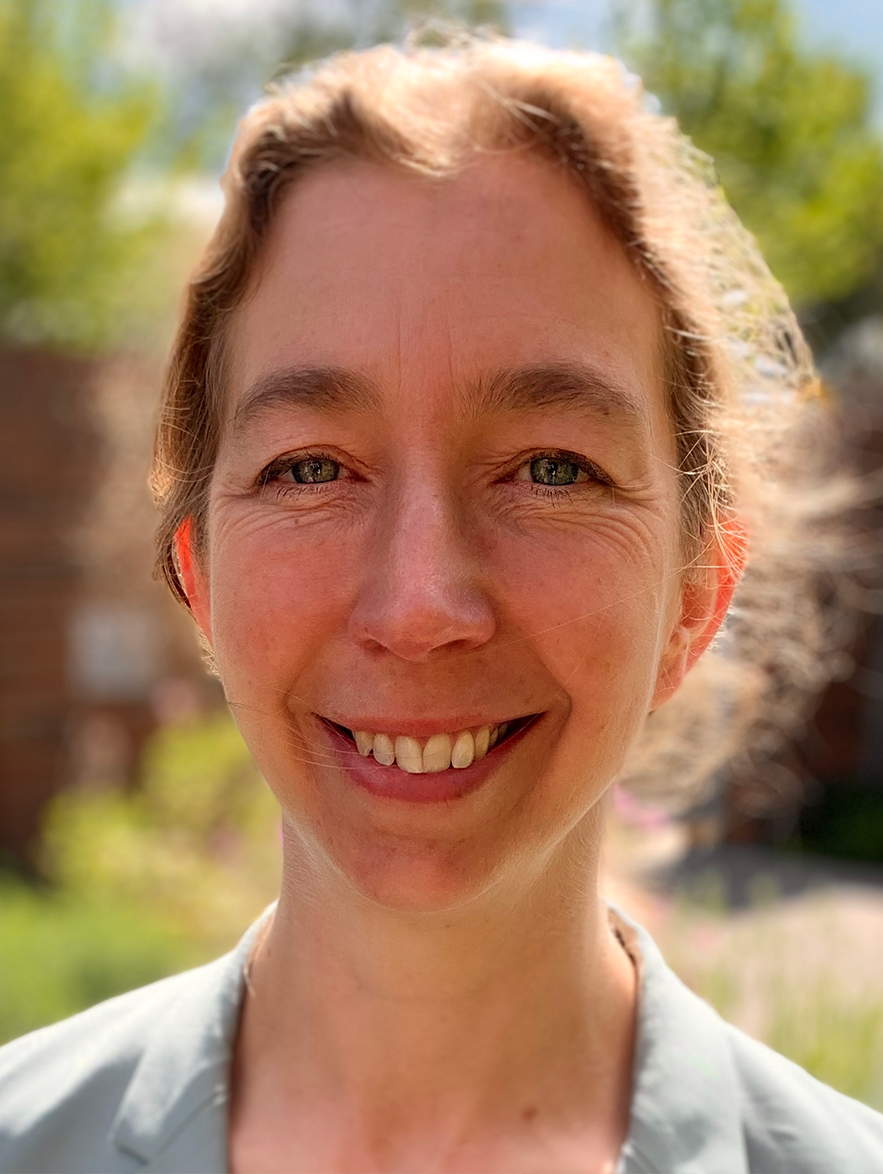
Dr Vanessa Teague
Vanessa Teague’s research focuses primarily on cryptographic methods for achieving security and privacy, particularly for issues of public interest such as election integrity and the protection of government data.
She was part of the team (with Chris Culnane and Ben Rubinstein) who discovered the easy re-identification of doctors and patients in the Medicare/PBS open dataset released by the Australian Department of Health. She has co-designed numerous protocols for improved election integrity in e-voting systems, and co-discovered serious weaknesses in the cryptography of deployed e-voting systems in New South Wales, Western Australia and Switzerland.
She lives and works on Wurundjeri land in Southeastern Australia (near Melbourne). In 2023 she founded Democracy Developers Ltd, an Australian not-for-profit that builds open-source software for supporting democracy.
